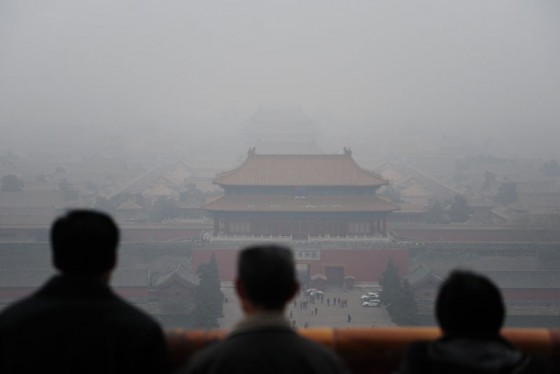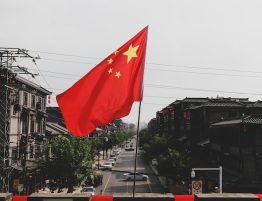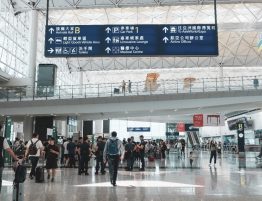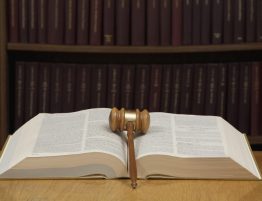
On 24th April 2014 the Standing Committee of the National People’s Congress approved the second amendment to the Environmental Protection Law (EPL) of the People’s Republic of China which entered into force in January 2015. This amendment considerably modifies the previous law (enacted in 1989) and adds more than 23 new articles to it.
Among the main changes provided by the new law, the legal regime of the Environmental Impact Assessment (EIA), which must be drafted by companies who are involved in development and utilization plans and construction projects affecting the environment (art. 19), should be mentioned first of all. According to the new EPL, those companies must now publish and explain the EIA to those who might be affected by it and must also request their opinion (art. 56). Plans and projects cannot be implemented or started unless an EIA is duly approved. Construction companies that begin construction without a valid EIA can be fined. They can also be ordered to suspend any activity and to restore the site to the previous situation.
As provided by Chapter 5 of the EPL (“Information Disclosure and Public Participation”), the public can give opinions on several issues related to environmental protection. The EPL provides a detailed list of information that must be published (for instance, the name and the quantity of the pollutants that are used) and specifies who is responsible for such publication (i.e. both companies and government institutions). Furthermore, government offices are now allowed to disclose the names of those companies that are not complying with the law. If we take into consideration the important role which reputation plays in doing business – especially in China, where the loss of “face” (“mianzi”) is considered an irreparable loss for a business – we easily understand how this measure acts as a strong deterrent.
The EPL also provides (art. 57) strong protection to “legitimate rights and interests” for those who find that an entity or an individual is polluting and report it to the competent authorities (so called “whistle-blowers”). Moreover, art. 58 enables some “social organizations” to bring cases against the polluters. Those social organizations must meet some requirements: they must be registered in certain specific registers and must be operating in the environmental protection field for at least 5 years.
The new law also provides stricter penalties for non-compliance. Indeed the competent authorities are allowed to order the restriction or suspension of the activities of polluting entities and to “seal up and detain” the facilities and equipment (art. 25). In certain very serious cases, the natural persons who are considered liable for pollution can be detained for up to 15 days. Companies must get a Pollution Discharge Licence through which they are allowed to discharge pollutants as per the requirements of the licence (art. 45) and they must also pay the Environmental Protection Tax for discharging pollutants (art. 43).
On the other hand, under the new EPL the government must adopt “finance, tax, price and government procurement” measures to encourage the development of the green sector and to support enterprises and institutions that reduce the discharge of pollutants (art. 21 – 22).
In conclusion, through the amended version of the EPL, the Chinese government has sent out the message that solving environmental issues is a priority. Costs for non-compliance have dramatically increased so that companies must now definitely review their cost-benefit analysis concerning the non fulfilment of obligations provided by the new EPL.
( China Desk in Milan – Giovanni Lovisetti – tel.: 0039 2 39680538)









